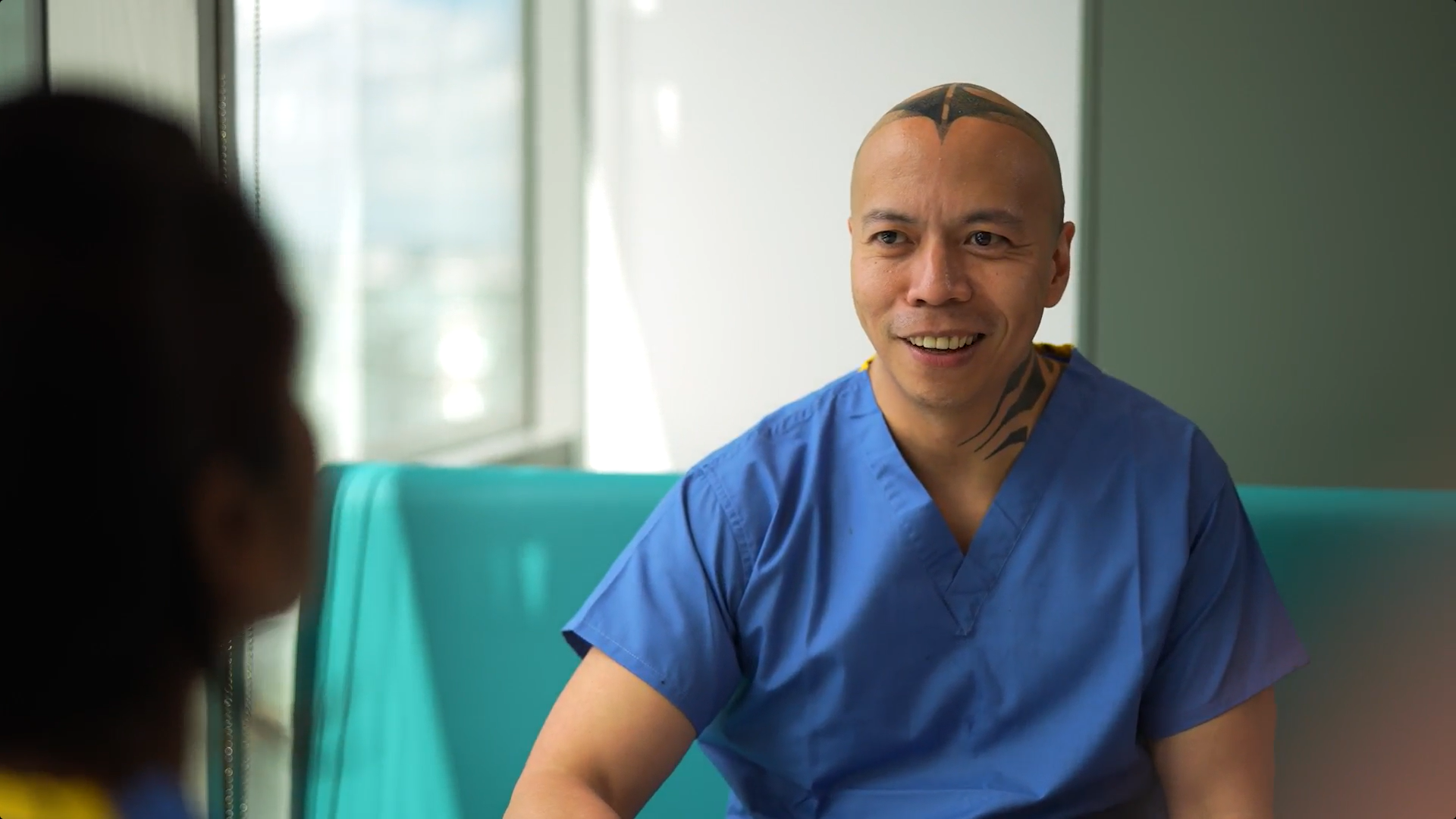Clinical trials are a crucial part of advancing medical science, helping to determine the safety and effectiveness of new treatments. These trials follow a structured process that involves several stages, each designed to gather important data while ensuring participant safety.
The process begins with planning, where researchers develop a protocol, and continues through recruiting participants, conducting tests, and analysing the results. Each phase of the trial provides valuable insights into how a treatment performs under controlled conditions. Understanding how clinical trials work is essential for anyone considering participation, as it helps them make informed decisions and contribute to the progress of medical advancements.
What happens before a clinical trial?
Clinical trials require careful planning and approval before they can begin recruiting volunteers. There are legal and regulatory steps that must be followed to ensure the trial is ethical, safe and scientifically sound. The process begins with an initial idea, followed by detailed planning, peer review and various approval stages.
This section outlines each of these critical steps and explains what needs to happen before a clinical trial can begin.
Having an idea
Before a clinical trial can begin, researchers must first identify a medical need and develop a hypothesis about how to address it. This idea could involve creating a new treatment, improving an existing one, or finding a better way to prevent a disease. Scientists base their hypotheses on previous research, emerging medical advancements and gaps in current treatment options.
For example, at FluCamp our trials focus on finding effective treatments for the following conditions:
Once an idea is formed, scientists evaluate its potential by reviewing existing data, conducting laboratory research, and considering how it might work in real-world scenarios. If the idea shows promise, it moves to the next phase, where researchers begin planning how to test it through clinical trials.
Writing the plan
Once researchers have developed an idea and determined its potential, the next step is to create a detailed plan for how the clinical trial will be conducted. This plan, known as a protocol, is a critical document that outlines the trial’s purpose, design and procedures. It ensures the study is conducted safely, ethically and in a way that produces reliable results.
- The protocol must include key details such as:
- The objectives of the trial and what it aims to achieve
- The methods for collecting and analysing data
- The structure and type of clinical trial being conducted
- Eligibility criteria for participants
- The treatment or intervention being tested
This plan serves as the foundation for the entire clinical trial, guiding researchers through each phase and ensuring the study is carried out in a controlled and consistent manner.
Peer review
After the clinical trial plan is written, it must go through a peer review process. Independent medical experts carefully evaluate the protocol to ensure it is scientifically sound, well-structured and considers all potential risks. They assess whether the study is designed to produce reliable results and if the benefits outweigh any risks to participants. If the plan meets the necessary standards, it moves forward to the next stage of approval.
Funding
Once a clinical trial has received peer approval, the next step is securing funding. Clinical trials require significant financial support to cover costs such as facilities, patient care, research staff and data analysis.
Funding usually comes from a sponsor, such as a pharmaceutical company, but other sources may also contribute. Research institutions, charities and, in some cases, government agencies may provide funding, depending on the aims of the study. Securing adequate funding is essential to ensure the trial can be carried out effectively and reach completion.
Ethical approval
After securing funding, the clinical trial plan must undergo an ethical review. This process ensures that every stage of the trial prioritises participant safety and well-being. Ethics committees review the protocol to confirm that the study follows strict guidelines for informed consent, risk management and fair treatment of participants.
Patient recruitment in clinical trials
After receiving approval and securing funding, the patient recruitment phase begins. This is a crucial step in ensuring the right participants are selected for the trial. It’s important to note that every clinical trial has a set of criteria used to identify the ideal candidates. This means not just anyone can sign up. Participants may need to have a specific medical history, an existing condition, or meet diversity requirements to ensure the clinical trial reflects a broad range of populations. These criteria are carefully set out in the planning phase to ensure the study results are valid and applicable.
Understanding who can take part in a clinical trial helps potential participants know what to expect and whether they might qualify. It also provides insight into the process and ensures the trial is conducted in line with its objectives.
Informed consent
Once applicants are qualified, they must provide informed consent before officially joining the clinical trial. Informed consent is a document that gives participants a clear and detailed overview of the trial, including its purpose, the procedures involved, the benefits being researched, and any potential risks.
It’s essential that anyone considering participation in a clinical trial takes the time to carefully read through the informed consent form. This ensures they fully understand what the study entails, their role in it, and the potential impacts on their health and well-being. Only after this comprehensive understanding can a participant officially agree to take part.
After the trial
Once a clinical trial is finished, there are still important steps to take before the treatment or intervention can be made widely available.
Analysis of the results
At the end of each phase of the clinical trial, the data collected must be thoroughly analysed. During this process, researchers evaluate the benefits observed during the trial, alongside any potential risks. This includes assessing side effects recorded among participants, as well as any other unexpected findings.
The analysis of this data is crucial, as it provides the necessary information to determine the next steps for the treatment or intervention. It helps researchers understand whether the trial has met its objectives and if it can progress to the approval stage.
Getting approval
After completing the third phase of the clinical trial, the next step is to compile all documentation and submit it to regulatory agencies for approval. In the UK, this is typically the responsibility of the Medicines and Healthcare Products Regulatory Agency (MHRA).
The agency will carefully review all of the submitted data, including the trial protocols and results from all three phases. If the experts at the MHRA are satisfied with the evidence and believe the treatment is a viable option compared to existing alternatives, they can grant final approval. Once approved, the treatment can be made available to the public.
Follow-up studies
Even after a drug or intervention is approved and reaches the market, further studies are still needed. This is where phase four of the clinical trial process comes into play. Follow-up studies, or post-marketing surveillance, help researchers gather real-world data from a much larger population. These studies provide valuable insights into the long-term effectiveness and safety of the treatment when used over an extended period.
Follow-up studies are essential for identifying any potential risks that may not have appeared during earlier trial phases. They help ensure that the treatment remains safe and effective for the public. At FluCamp, volunteers are invited for a follow-up visit a month after the trial to check on their health and monitor any long-term effects.
Take part in a clinical trial with FluCamp
Anyone considering participation in a clinical trial should be well-informed before giving their consent. Understanding how clinical trials work is crucial, as it provides clarity on each step of the process, from recruitment and testing to data collection and analysis.
If you’re interested in exploring clinical trials further and finding out if you qualify, reach out to FluCamp. By learning more about the FluCamp’s trials, you’ll gain a better understanding of what to expect and how your participation can help advance medical research and improve future treatments.















